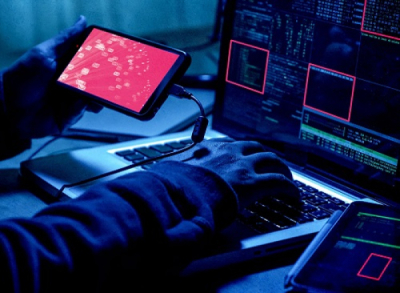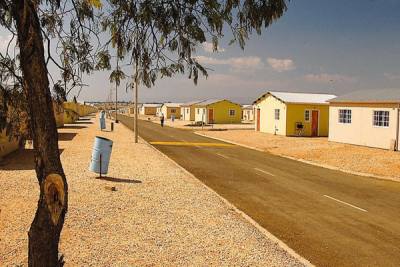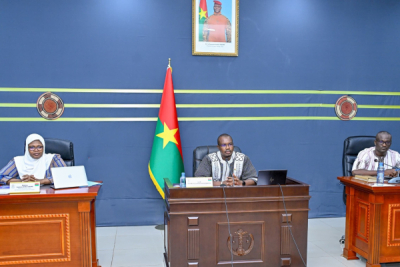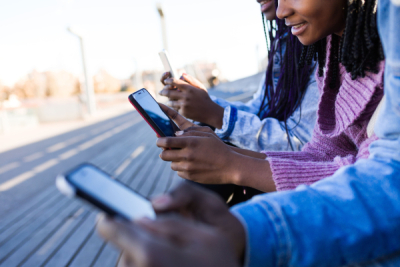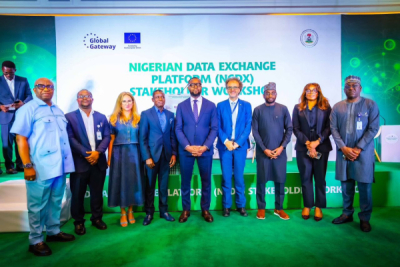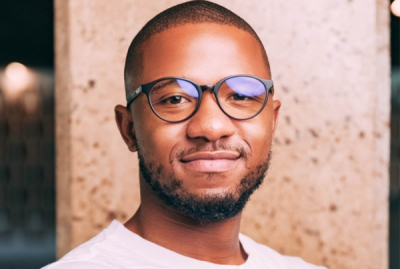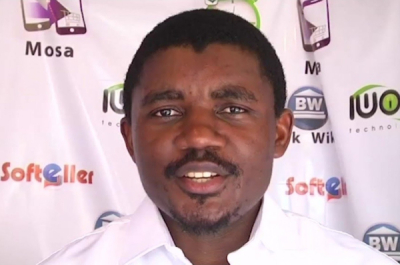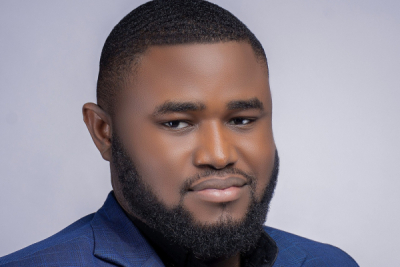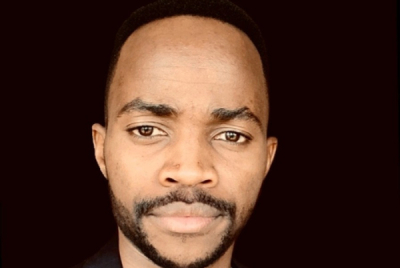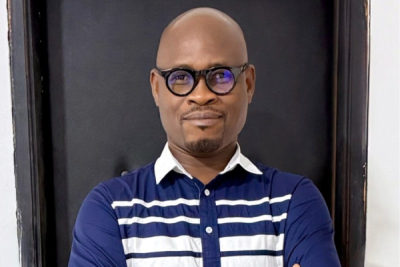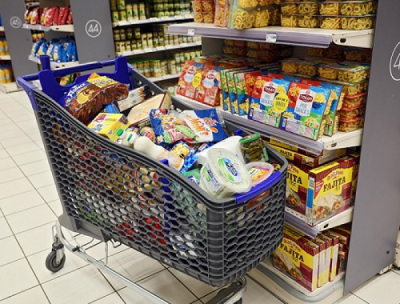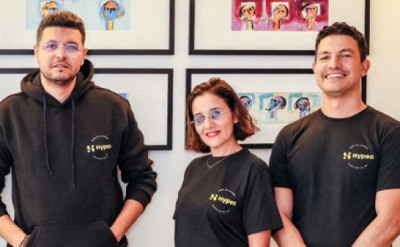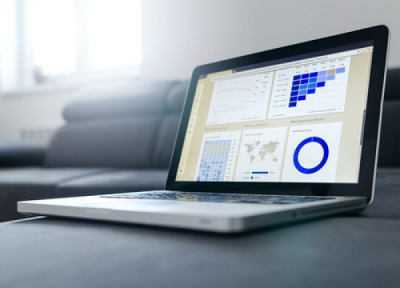- Morocco, India deepen digital cooperation under “Digital Morocco 2030”
- Aim to boost investment, skills, AI, cloud, and 5G rollout
- Morocco targets $11B digital sector, stronger global innovation ranking
Morocco is strengthening its cooperation with India on digital transformation, a topic discussed on Wednesday, August 27, in a meeting between Moroccan Minister of Digital Transition, Amal El Fallah Seghrouchni, and Indian Ambassador Sanjay Rana. The initiative is part of Moroccan authorities' efforts to achieve the goals set in the nation’s "Digital Morocco 2030" strategy.
According to a ministry statement on its Facebook page, the discussions highlighted the two countries’ desire to deepen their partnership in technology and digital transition to attract more investment. Morocco aims to "turn the country into a digital hub to accelerate social and economic development" and increase the digital sector's economic contribution to 100 billion dirhams ($11 billion). Since launching the strategy in September 2024, the country has explored international partnerships with entities and nations including the UNDP, CEMAC, Japan, the World Bank, Estonia, the United States, the European Union, Finland, China, Saudi Arabia, Brazil, Nokia, Onepoint, and Portugal.
India's Digital Expertise
The partnership comes as India is ranked 39th out of 133 countries on the 2024 Global Innovation Index, making it first in Southeast Asia and among lower-middle-income countries. Morocco ranks 66th. According to the International Telecommunication Union (ITU), both nations are also considered global examples in cybersecurity, although Morocco still needs to improve its technical measures and capacity building.
On the UN's e-Government Development Index (EGDI), Morocco is six spots ahead of India, ranking 90th in 2024 with a score of 0.6841 out of 1, compared to India's 0.6678. However, the Asian nation is a world leader in the Online Services Sub-Index (OSI) with a score of 0.8144 out of 1, far ahead of Morocco's 0.5754, which is below the global average. Morocco aims to enter the global top 50 in this category by 2030, a significant jump from its 113th position in 2022.
The two countries are closely matched in human capital, with neither reaching the global average. However, Morocco leads in telecommunications infrastructure with a score of 0.8827 against India's 0.5700, despite India having 806 million internet subscribers, according to DataReportal.
India also boasts the world's largest biometric identification system, Aadhaar, which has been widely praised by international institutions. In its "E-Government Survey 2024," the UN noted that the program is voluntary, yet a majority of India's 1.33 billion citizens have joined over the past decade. The government estimates the system has generated more than $1.2 billion in savings, largely through direct benefit payments. It has also inspired innovations like DigiLocker, an application that stores official documents online and is used by over 100 million people to hold more than 5 billion files.
Opportunities for Indian Companies
Morocco's efforts to accelerate its digital ecosystem create numerous opportunities for international technology companies, including those from India.
The country has made broadband a priority. The rollout of 4G is ongoing, and fiber optic coverage is set to increase from 1.5 million households in 2022 to 5.6 million by 2030. The launch of 5G is also planned, with licenses already awarded and a target of 70% national coverage by 2030, supported by an estimated $9 billion investment. These projects offer opportunities for service providers, equipment manufacturers, and satellite operators in a country where, despite a 91% internet penetration rate, according to the ITU, some underserved areas still exist.
The kingdom is also focused on digital skills training to ensure the availability of a qualified talent pool. The country plans to train 20,000 new talents starting in 2026, rising to 45,000 by 2030. For reskilling, the targets are 26,000 from 2026 and 50,000 from 2030. Morocco also aims to attract foreign talent, with a goal of 4,000 per year starting in 2026 and 6,000 by 2030.
Morocco is working to boost its appeal to major international digital players. The country wants to host "hyperscalers" specializing in cloud and data centers and is banking on the development of artificial intelligence to accelerate the digitization of public and private services. The stated goal is to attract new AI investors and cement Morocco's position as a regional innovation hub.
Isaac K. Kassouwi
Morocco Deepens Digital Ties with India to Fuel Its $11 Billion Tech Ambition
By : Isaac K. Kassouwi
Date : vendredi, 29 août 2025 01:54



